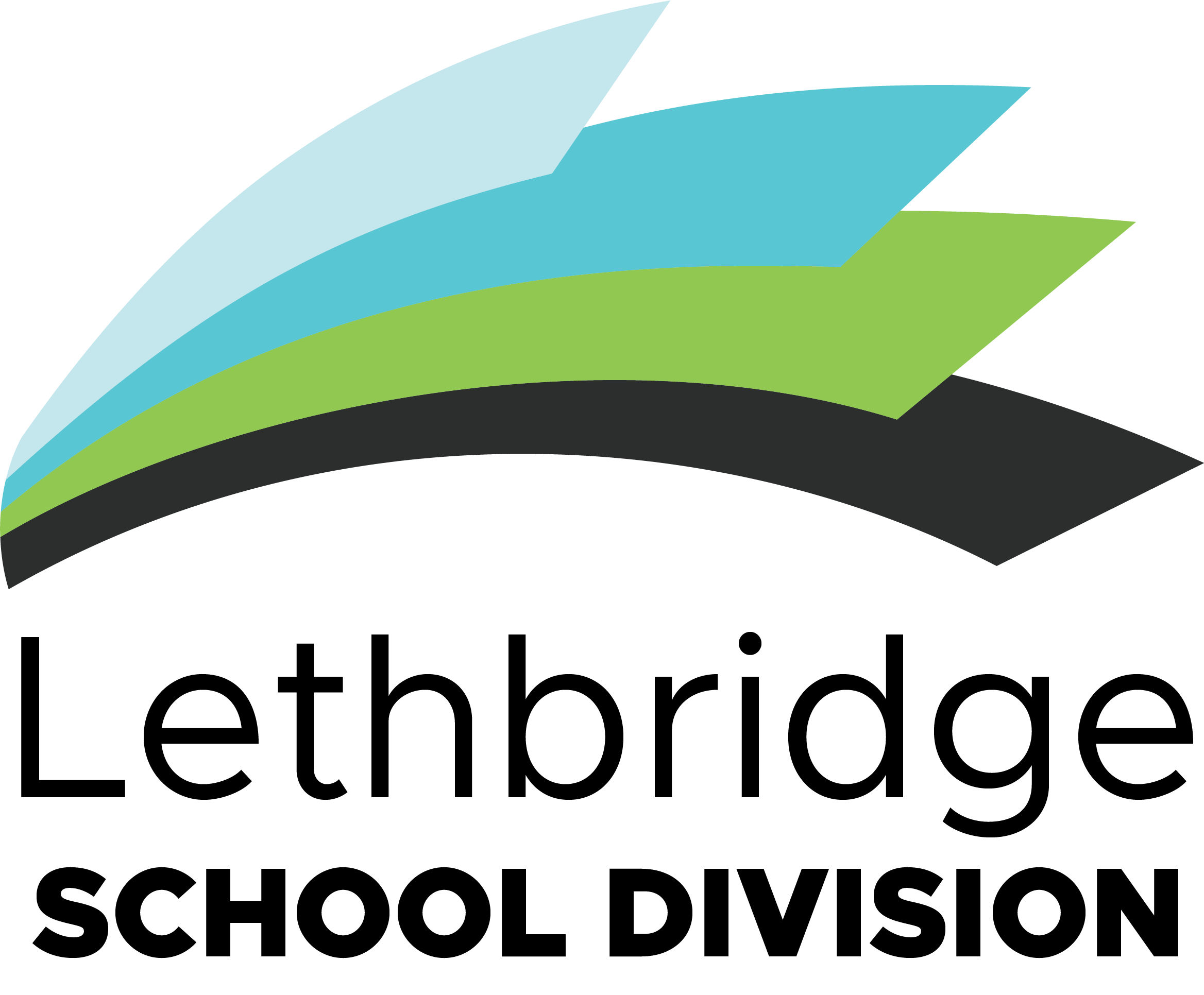Immanuel Christian Schools is a part of the Lethbridge School Division but is operated by the Society for Christian Education in Southern Alberta. SCESA is responsible for the buildings, buses, and Bible programming; hence, there are school fees associated with attending Immanuel Christian Schools. The membership, school, and transportation fees are per family and paid annually.
Fee Schedule 2025-2026
Application & Membership
New Family Application: $100 (non-refundable)
Society Membership Fee: $250
Kindergarten
Society Membership Fee: $250
Society School Fee: $1,500
Grades 1 to 12
Society Membership Fee: $250
Society School Fee: $4,200
Transportation
Kindergarten Only: $950
Full-Time Grades 1 to 12: $2,100 ($210/month over 10 months)
Transfer Only: No charge
School Fees, Busing and other Fees are set annually and subject to change.School Fees do not qualify for tax receipts.

